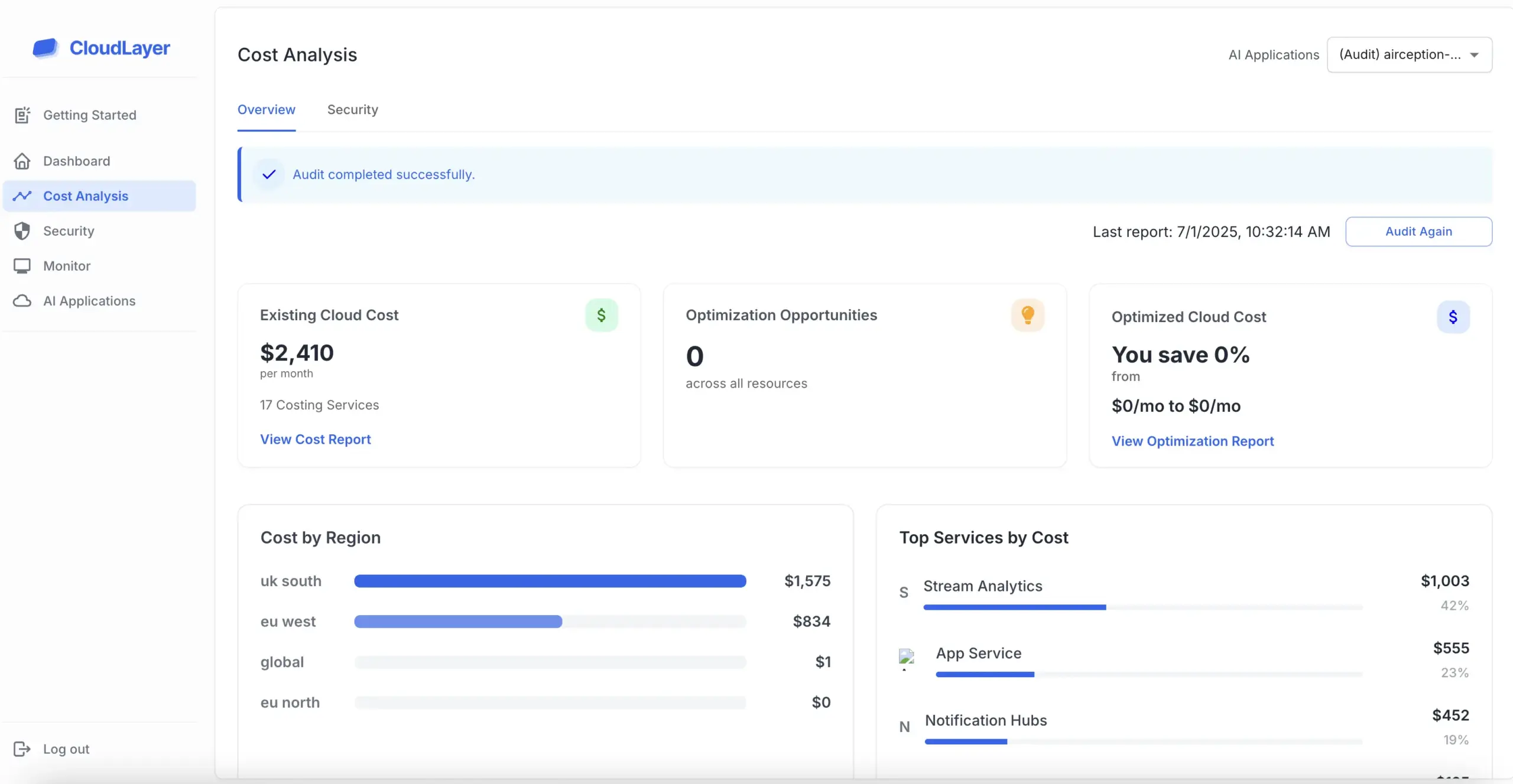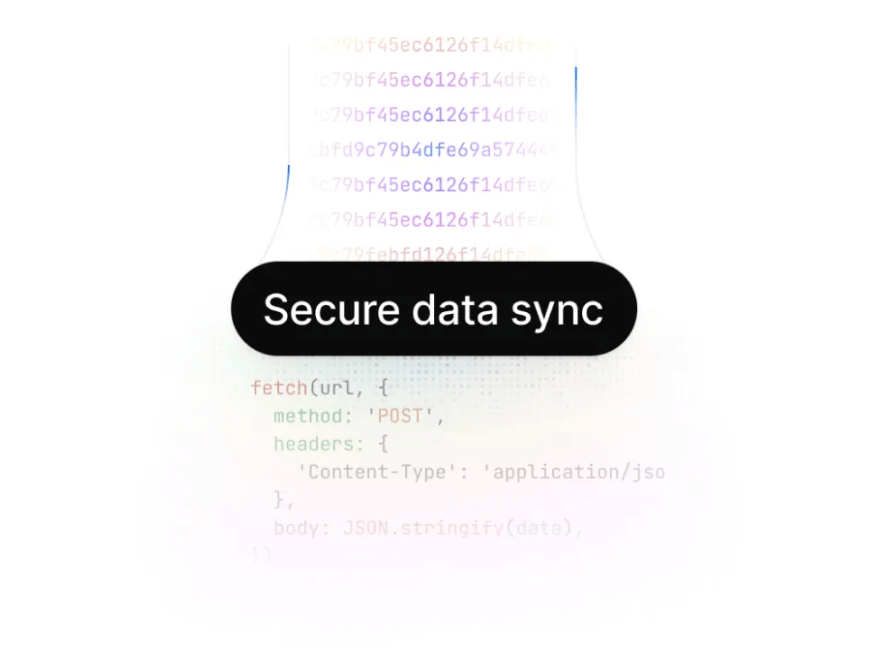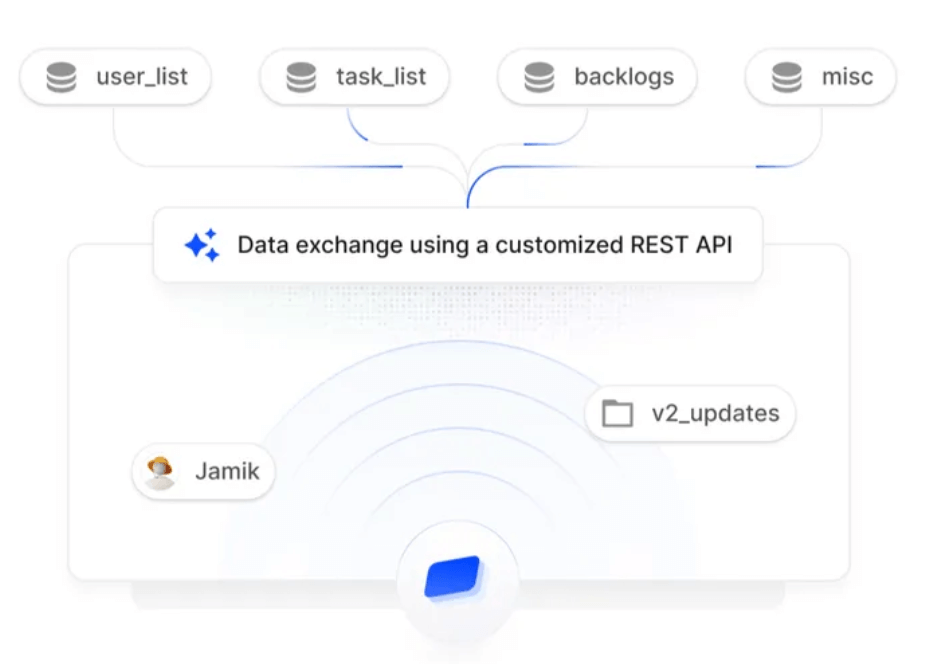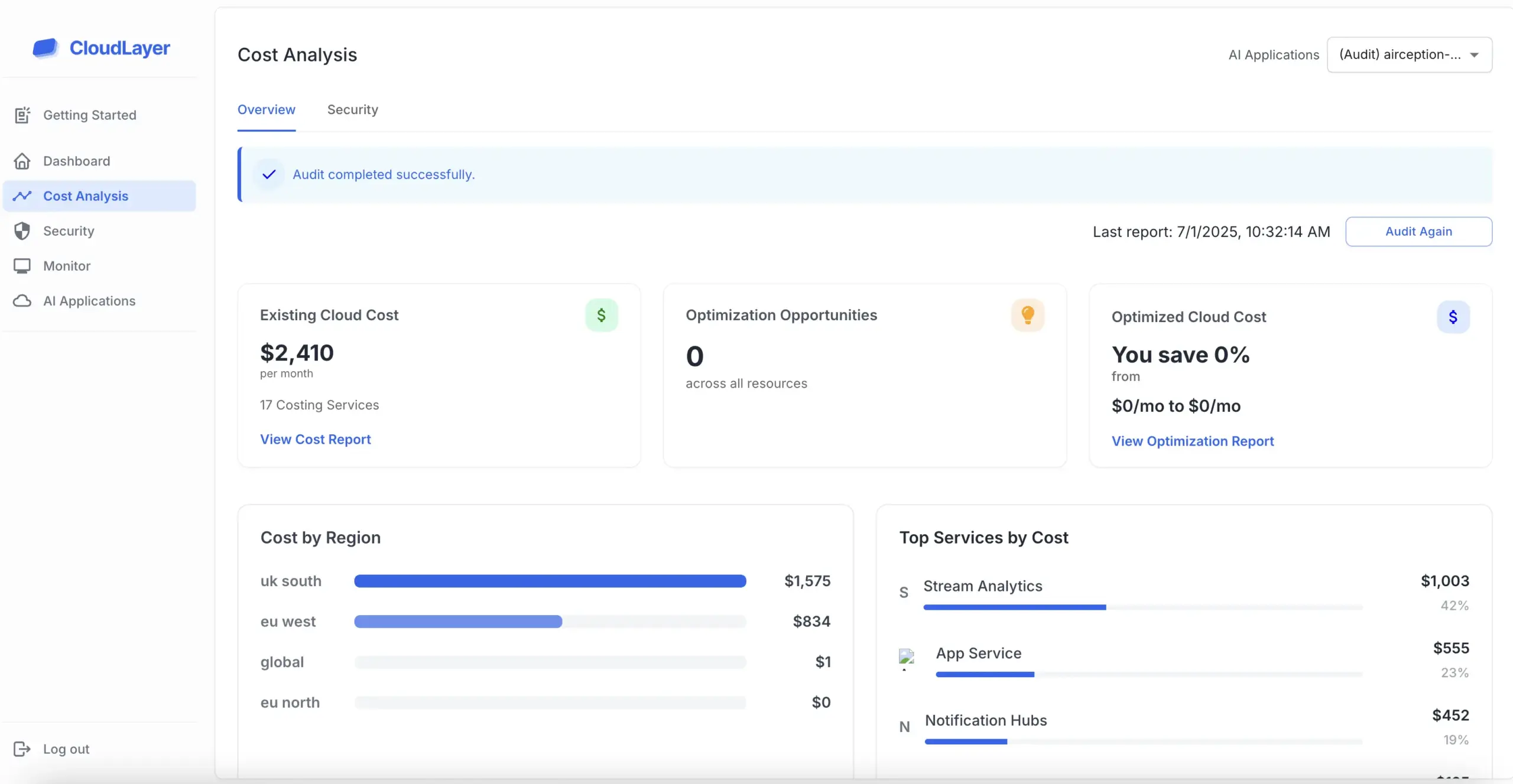

Compliance with HIPAA regulations is not just a legal requirement; it is a fundamental aspect of providing quality healthcare. By safeguarding PHI, healthcare providers protect their patients’ rights and ensure their trust.

Protected Health Information under HIPAA encompasses a variety of data types. This includes names, addresses, dates of birth, and any medical records that can identify an individual.

Violating HIPAA regulations can lead to severe consequences for healthcare providers. Fines can range from thousands to millions of dollars, depending on the severity of the violation.

Healthcare organizations should implement robust security measures to protect PHI. This includes regular training for staff, secure systems for data storage, and strict access controls.

